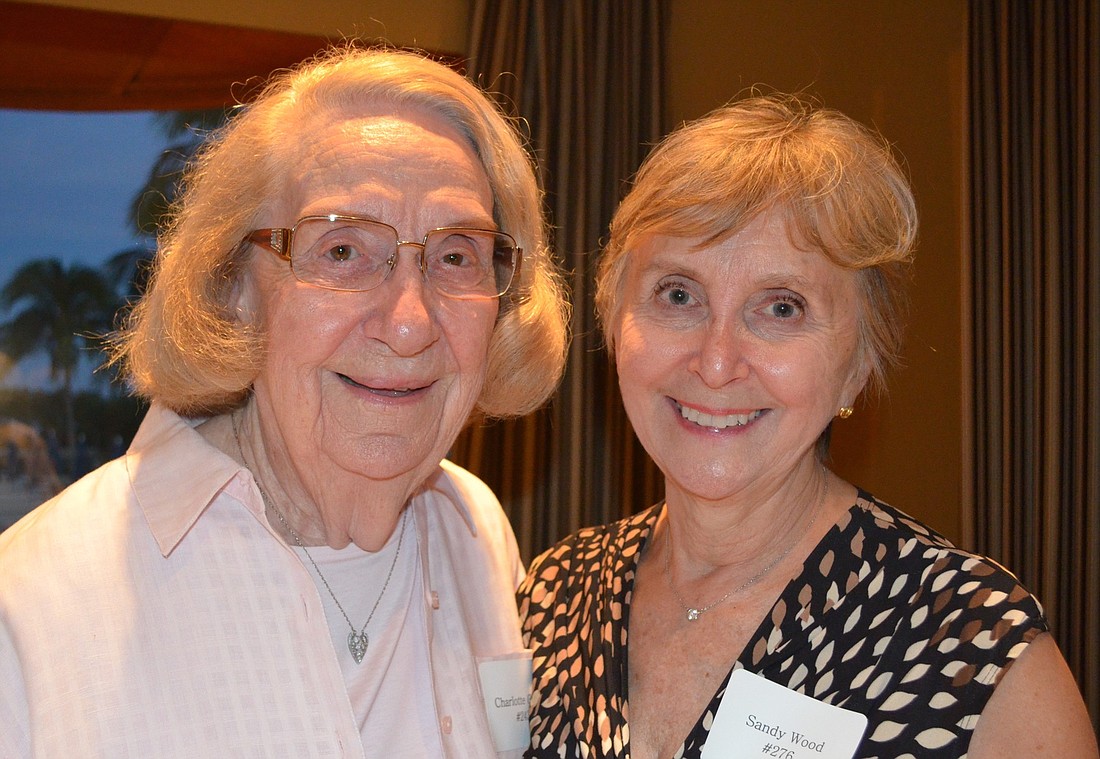- November 24, 2024
-
-
Loading

Loading

Longboat Key’s Temple Beth Israel has received a multi-year, $55,000 grant from the Charlotte P. Graver Fund through the Community Foundation of Sarasota County.
The grant is to be used for the temple’s scholar-in-residence program and for obtaining the 92nd Street Y programming, and will be used over six years, according to the temple. The programs, which have been going on for several years and are open to the public outside TBI’s membership, are one part of the temple’s wide-ranging educational programs.
Charlotte Graver, who died in 2015, was a longtime member of Temple Beth Israel and wanted money from her fund to go to the temple, in part, though the Charlotte P. Graver Fund has multiple benefactors. Graver's involvement with the Community Foundation began in 2005, when she created funds for strengthening elder care, Jewish family services, cancer research, the arts and community health care, according to the press release.
“I know she was quite philanthropic,” executive director Isaac Azerad said. “She was very well liked at the Temple … She was also a lover of culture and entertainment, so we wanted to make sure that we honor her in some fashion.”
In the past, the temple has relied on member donations and sponsorships, as well as some funds from the community foundation, to fund the scholar program and 92Y, which have drawn hundreds to TBI. The Community Foundation’s funds have never been bundled in a package this large before, Azerad said.
“I think they recognized after a track record of a few years, that this was a serious program that continued and was very successful,” Azerad said.
The scholar-in-residence weekend is already planned for February and will feature Dr. Andrew Rehfeld, president of the Hebrew Union College-Jewish Institute of Religion. Most of it will likely be virtual, as TBI remains closed to the public. In previous years, there has been a breakfast with the scholar, which will have to take a different form this year if the program does remain virtual.
“Obviously, everybody looks at programming slightly differently today because of the pandemic,” Azerad said. “And there'll be some adjustments, but I think the quality doesn't diminish. Just the delivery of the program (changes).”